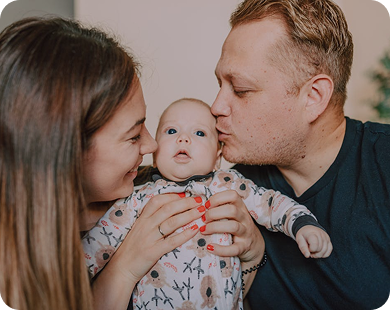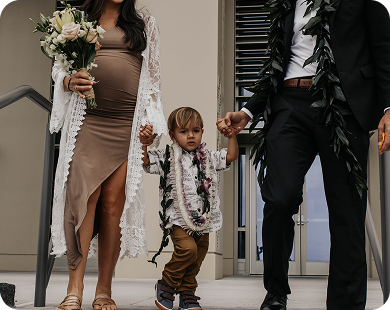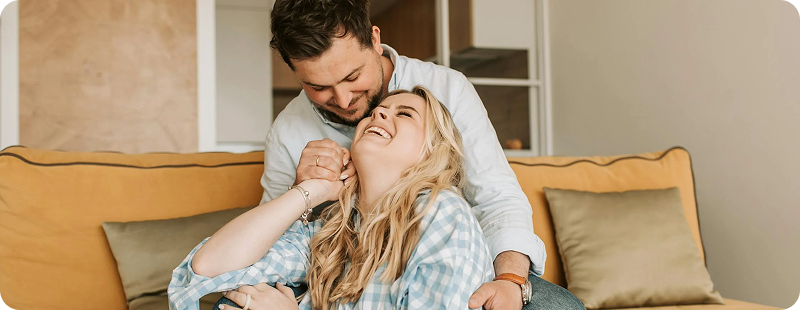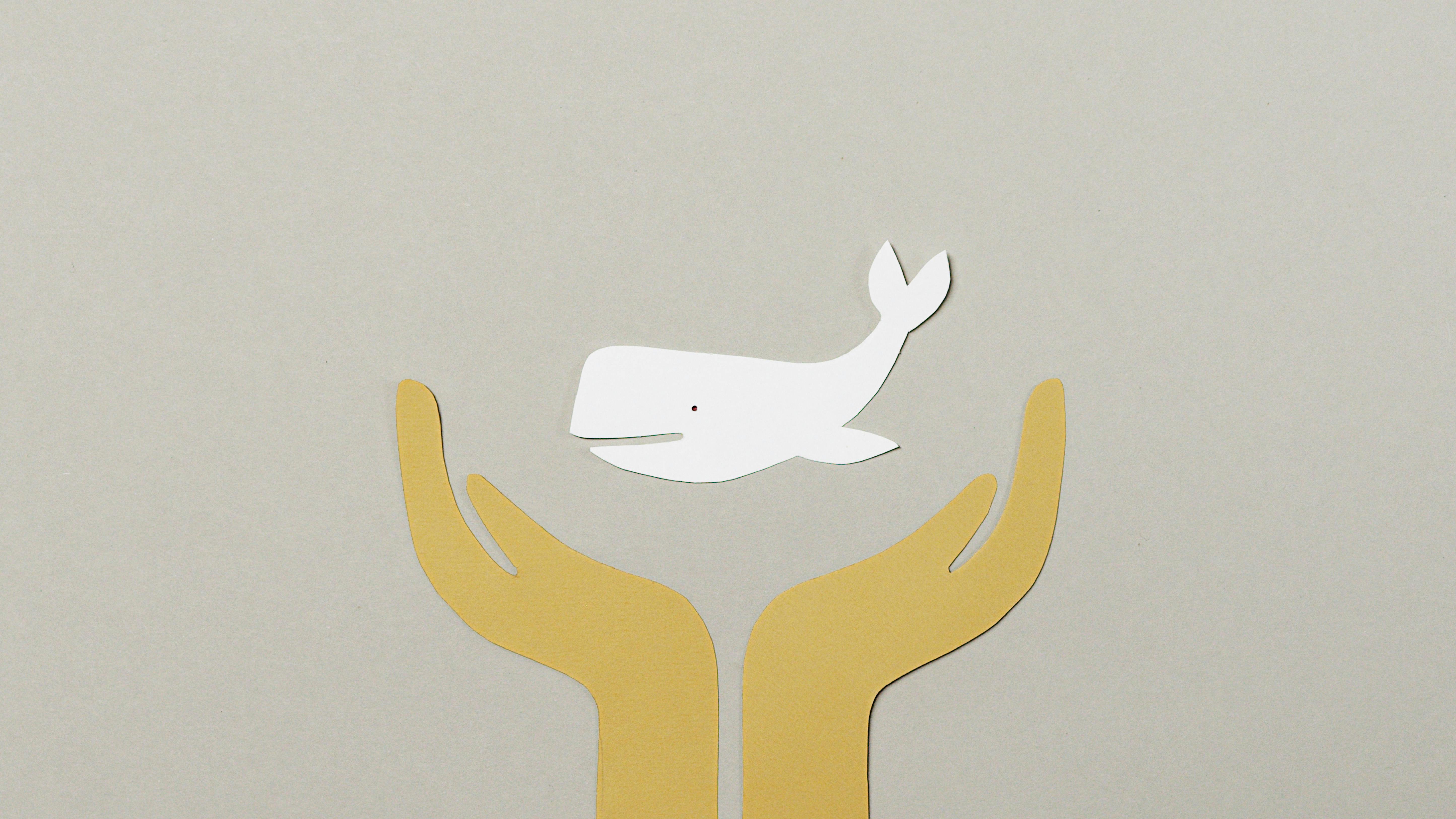If you've been wondering whether to try 3 or 4 more IUI cycles before moving to IVF, you're asking the right question at the right time. Most fertility specialists recommend 3-6 IUI attempts before considering IVF, but your individual situation—including age, diagnosis, and previous response to treatment—should guide this important decision.
Understanding the IUI to IVF Timeline
The transition from IUI to IVF isn't just about counting cycles. It's about finding the most effective path to your pregnancy while considering your time, emotional well-being, and financial resources.
Research shows that most IUI pregnancies occur within the first three cycles. After six attempts, the cumulative success rate plateaus significantly, making IVF a more logical next step for many couples.
| Factor | Recommendation | Reasoning |
|---|---|---|
| Age under 35 | 3-6 IUI cycles | Higher success rates justify more attempts |
| Age 35-40 | 3-4 IUI cycles | Time sensitivity increases |
| Age over 40 | 1-3 IUI cycles | IVF with PGT testing often more effective |
| Male factor infertility | 2-3 IUI cycles | IVF with ICSI may be needed sooner |
| Unexplained infertility | 4-6 IUI cycles | Good response to ovarian stimulation often seen |
When 3-4 More IUIs Make Sense
You might benefit from additional IUI cycles if you're experiencing positive signs of treatment response. These include good follicle development during ovarian stimulation, appropriate timing with trigger shots, and adequate sperm parameters.
Your age plays a crucial role in this decision. If you're under 35 with unexplained infertility, attempting 3-4 more IUI cycles can be reasonable, especially if previous cycles showed promising signs like multiple mature follicles or improved sperm processing results.
Success Rates: IUI vs IVF by Cycle Number
Understanding success rates helps you make informed decisions about continuing with IUI or transitioning to IVF. The data shows clear patterns that can guide your choice.
| Treatment | Cycle 1-3 | Cycle 4-6 | After 6 Cycles |
|---|---|---|---|
| IUI (under 35) | 15-20% per cycle | 10-15% per cycle | 5-8% per cycle |
| IUI (35-40) | 10-15% per cycle | 8-12% per cycle | 3-5% per cycle |
| IVF (under 35) | 40-50% per cycle | 35-45% per cycle | 30-40% per cycle |
| IVF (35-40) | 25-35% per cycle | 20-30% per cycle | 15-25% per cycle |
These numbers highlight why many couples choose to move to IVF after 3-4 unsuccessful IUI attempts. The success rates for IUI decrease with each cycle, while IVF maintains higher success rates even in later attempts.
Signs It's Time to Move to IVF
Several indicators suggest that continuing with more IUI cycles may not be the most effective approach for your situation. Poor response to fertility medications, consistently low sperm counts after processing, or failure to develop adequate follicles are clear signals.
Dr. Sarah Johnson, a reproductive endocrinologist at the American Society for Reproductive Medicine, notes: "After three failed IUI cycles with optimal conditions—good sperm parameters, appropriate follicle development, and proper timing—the likelihood of success with additional IUIs decreases significantly" (Johnson, 2023).
| Warning Sign | What It Means | Next Step |
|---|---|---|
| Poor ovarian response | Few or no mature follicles despite medication | Consider IVF with higher stimulation doses |
| Persistent low sperm count | Post-wash counts below 5 million | IVF with ICSI likely needed |
| Timing issues | Difficulty coordinating ovulation and insemination | IVF allows better control |
| Age-related concerns | Time sensitivity increases with age | Move to more effective treatment |
The Emotional Factor in Treatment Decisions
The emotional toll of repeated IUI cycles cannot be underestimated. Each cycle brings hope followed by potential disappointment, and this emotional rollercoaster affects your overall well-being and relationship.
Many patients find that the higher success rates of IVF, while requiring more intensive treatment, actually provide emotional relief. Knowing you're using the most effective treatment available can reduce anxiety about "wasting time" with less successful approaches.
Financial Considerations: IUI vs IVF
While IUI costs less per cycle than IVF, the cumulative cost of multiple IUI attempts can approach or exceed the cost of a single IVF cycle. This economic reality influences many couples' decisions about when to transition between treatments.
At Avida Fertility, we understand that financing fertility treatment requires careful planning. Our financial counselors help you understand the true cost comparison between continuing IUI cycles versus moving to IVF.
| Scenario | Total IUI Cost (6 cycles) | Single IVF Cost | Cost-Effectiveness |
|---|---|---|---|
| Under 35, good prognosis | $12,000-18,000 | $15,000-20,000 | IUI may be cost-effective |
| Over 35, multiple factors | $12,000-18,000 | $15,000-20,000 | IVF often more cost-effective |
| Male factor infertility | $12,000-18,000 | $18,000-25,000 (with ICSI) | IVF typically more effective |
Optimizing Your Current IUI Cycles
If you decide to try 3-4 more IUI cycles, certain strategies can maximize your chances of success. These include optimizing your trigger shot timing, considering back-to-back inseminations, and ensuring proper progesterone support.
Your medication protocol might need adjustment based on previous cycle responses. Some patients benefit from switching from Clomid to Letrozole or adjusting stimulation doses to achieve better follicle development.
The IVF Advantage: Why Success Rates Are Higher
IVF success rates remain consistently higher than IUI because the treatment bypasses many potential obstacles to conception. Fertilization occurs in the laboratory under optimal conditions, and embryo quality can be assessed before transfer.
Modern IVF techniques, including preimplantation genetic testing and frozen embryo transfer, have significantly improved success rates while reducing risks like multiple pregnancies.
Making the Decision: Questions to Ask Yourself
Before deciding on 3-4 more IUI cycles, consider these important questions. Have your previous IUI cycles shown any positive signs of response? Are you comfortable with the emotional and physical demands of continued treatment? Does your age or diagnosis suggest that time is a critical factor?
According to Dr. Michael Chen, past president of the Society for Assisted Reproductive Technology, "The decision to continue IUI versus moving to IVF should be individualized based on the couple's specific circumstances, including their response to previous treatments and their emotional readiness for more intensive intervention" (Chen, 2023).
Special Considerations by Diagnosis
Your specific fertility diagnosis significantly influences whether additional IUI cycles are worthwhile. Unexplained infertility often responds well to multiple IUI attempts, while conditions like severe male factor infertility may require IVF with ICSI from the start.
| Diagnosis | IUI Recommendation | IVF Consideration |
|---|---|---|
| Unexplained infertility | 4-6 cycles reasonable | After 6 failed cycles |
| Mild male factor | 3-4 cycles appropriate | If sperm parameters worsen |
| Ovulation disorders | 3-6 cycles with medication | If ovulation remains irregular |
| Mild endometriosis | 3-4 cycles | Consider earlier if severe symptoms |
| Age-related factors | 2-3 cycles maximum | Often first-line treatment over 40 |
The Role of Advanced Testing
Before committing to additional IUI cycles, consider whether advanced testing might reveal previously undiagnosed issues. Tests like sperm DNA fragmentation, endometrial receptivity analysis, or more detailed hormonal assessments can provide valuable information.
These tests might reveal why previous IUI cycles failed and whether modifications to your treatment protocol could improve success rates. Sometimes, addressing underlying issues makes the difference between IUI success and failure.
Preparing for IVF: What to Expect
If you decide that 3-4 more IUI cycles aren't right for you, understanding what IVF involves helps reduce anxiety about the transition. IVF requires more intensive monitoring and medication, but many patients find the process more manageable than expected.
The IVF process includes ovarian stimulation, egg retrieval, fertilization in the laboratory, and embryo transfer. While more complex than IUI, modern techniques have made IVF safer and more comfortable than ever before.
Frequently Asked Questions
How do I know if I should try 3-4 more IUI cycles?
Consider additional IUI cycles if you're under 35, have shown good response to ovarian stimulation, have unexplained infertility, and are emotionally prepared for more attempts. Your doctor can help evaluate your specific situation.
What if I've already done 6 IUI cycles without success?
After 6 failed IUI cycles, IVF becomes the more logical choice. The success rates for additional IUI attempts drop significantly, while IVF maintains higher success rates.
Can I improve my IUI success rates for the next cycles?
Yes, optimizing medication protocols, improving timing, addressing lifestyle factors, and ensuring proper nutritional support can enhance IUI success rates.
Is it normal to feel overwhelmed by this decision?
Absolutely. The decision between continuing IUI and moving to IVF involves medical, emotional, and financial considerations. Many couples benefit from counseling to help process these complex decisions.
What questions should I ask my doctor?
Ask about your specific success rates based on your diagnosis and age, what changes might improve your IUI outcomes, the timeline for moving to IVF, and how your individual factors influence treatment recommendations.
Your Path Forward with Avida Fertility
At Avida Fertility, we understand that deciding whether to continue with IUI or transition to IVF is deeply personal. Our experienced team provides comprehensive evaluations to help you make informed decisions based on your unique circumstances.
We offer both advanced IUI protocols and state-of-the-art IVF services, ensuring you receive the most appropriate treatment for your situation. Our approach combines cutting-edge technology with compassionate care, supporting you through every step of your fertility journey.
Whether you choose to optimize your remaining IUI cycles or transition to IVF, we're here to provide the expertise and support you need. Our success rates reflect our commitment to helping you achieve your dream of parenthood through the most effective treatment approach.
Considering IVF treatment? Avida Fertility is here to support and guide you on your fertility journey. Reach out today for a personalized consultation and take the first step towards building your family with confidence.






.png)







.svg)
.svg)
